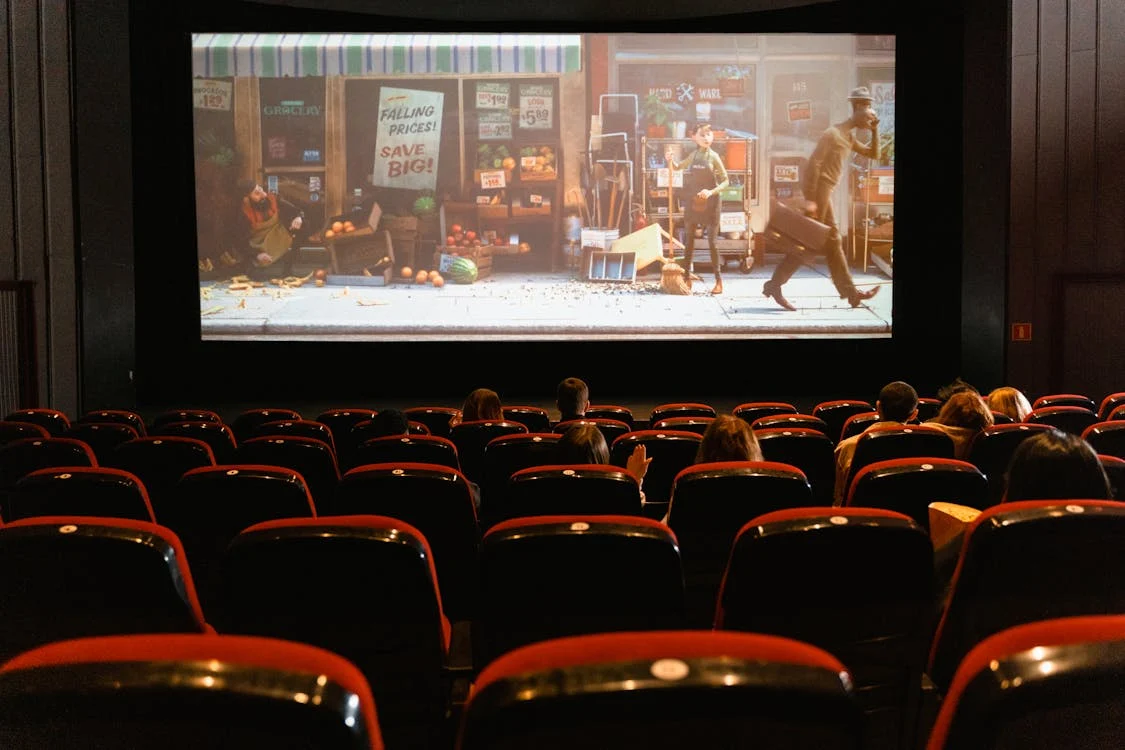Something that has always remained constant within different societies across the globe, is the connection people have with their pets. Recent studies, including an insightful survey by Purina involving 2,000 UK pet owners, shed light on the multifaceted nature of this journey, from the initial decision to welcome a pet into the home to the daily joys and challenges that define the pet-owner relationship.
Motivations Behind Pet Ownership
Choosing to become a pet owner is often driven by a desire for companionship and the emotional benefits pets are known to provide. Corporate Communications Director for Purina UK and Ireland, Claire Robinson-Davies said, “At Purina, we experience and cherish this special bond every single day. It is truly heartening, yet not unexpected, to see that the majority of pet owners consider their beloved companions as part of their family.”
The Purina pet ownership study highlights that a significant portion of pet owners embark on this journey seeking a bond that enhances their quality of life, with 73% of respondents considering their pets as their best friends and 89% viewing them as integral family members.
Joy, Support, and Growth
Pet ownership is a deeply emotional experience, marked by highs and lows that contribute to personal growth and emotional resilience. Pets offer unconditional love and support, serving as confidants and sources of comfort during challenging times.
The Purina survey reveals that 79% of owners talk to their pets, underscoring the role pets play in mental well-being. This emotional exchange fosters a unique bond, strengthening over time as owners and pets navigate life’s journey together.
Pets as Bridges to Human Connections
Pets also play a significant role in their owners’ social lives. They act as ice-breakers, facilitating interactions that might not otherwise occur. In dog parks, on walks, or during pet-friendly events, pets provide common ground for starting conversations and building friendships.
This social aspect of pet ownership enriches owners’ lives, expanding their social networks and enhancing community cohesion.
Responsibilities and Rewards
The practical aspects of pet ownership, including feeding, grooming, and exercise, instil a sense of responsibility and routine in owners’ lives. These daily tasks, while sometimes challenging, also bring immense rewards, including the satisfaction of caring for a living being and the joy of shared activities.
The Purina study emphasises the importance of these routines in strengthening the pet-owner bond and enhancing pets’ well-being.
Loss and Learning
The journey of pet ownership is not without its challenges. The loss of a pet can be a profound and deeply affecting experience, offering important lessons in love, loss, and resilience.
Owners learn to navigate grief, often finding that the strength of the bond they shared with their pet provides comfort and aids in healing. This aspect of the journey highlights the depth of the pet-owner relationship and its impact on personal development.
The Role of Research and Resources
As pet owners navigate the various stages of their journey, access to research and resources plays a critical role. Initiatives like the Purina study provide valuable insights into the experiences of pet owners, offering guidance and support.
Additionally, resources such as pet care advice, behavioural training tips, and health information help owners ensure their pets lead happy, healthy lives.
Trends and Transformations
Trends such as the increasing recognition of pets’ emotional and social benefits, the rise of pet-friendly workplaces, and advancements in veterinary care are shaping the future of pet ownership, promising an even richer and more rewarding journey for future generations of pet owners.
Modern advancements in technology and changing societal norms have introduced new aspects to owning a pet, from telehealth veterinary services to an increase in pet-friendly public spaces and accommodations. These changes reflect a growing recognition of pets’ importance in human lives, facilitating a more inclusive environment for pet owners. The evolution of pet ownership dynamics speaks to the adaptability and resilience of the pet-owner bond, even as external conditions change.
Inter-generational Bonds and the Role of Pets
Pets often play a pivotal role in forming inter-generational bonds within families. Sharing the care of a family pet can bring members of different generations closer, providing a common purpose and shared experiences.
Moreover, pets can help bridge the gap between young and old, teaching valuable lessons in empathy, care, and the cycle of life. The role of pets in fostering inter-generational connections adds another layer to the multifaceted journey of pet ownership, enriching family dynamics and creating lasting memories.
Conclusion
The journey of pet ownership is a deeply enriching experience that encompasses a wide range of emotions, challenges, and rewards. Studies like Purina’s offer valuable insights into this journey, highlighting the profound impact pets have on individuals’ lives.
From providing companionship and emotional support to enhancing social connections and teaching responsibility, pets profoundly influence their owners’ lives, making the journey of pet ownership a profoundly meaningful aspect of human experience.

































